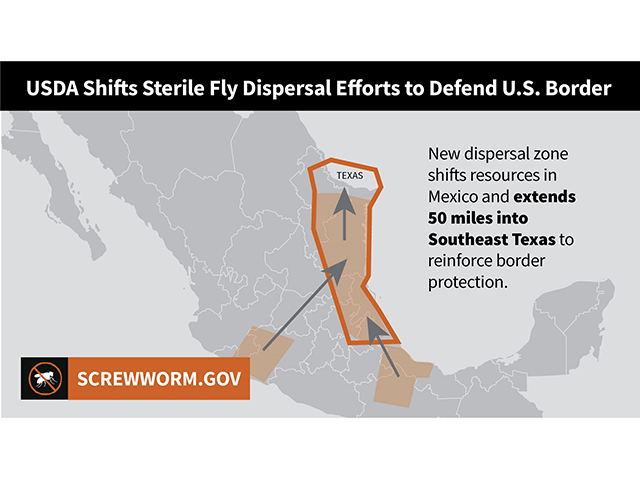An Urban's Rural View
Thoughts on Rat Restaurants, Wet Markets and Repressive Governments
Foreign correspondents love to recount the curious customs of the countries they cover. Back in 1991, the Wall Street Journal's man in China wrote about a custom that shocked many of his readers. His story was headlined, "Waiter, There's a Rat in My Soup And It's Delicious."
The subject was a restaurant in the southern Chinese city Guangzhou that specialized in, yes, rat-meat cuisine. Among the 30 rat dishes featured on the menu were Lemon Deep Fried Rat, Fresh Lotus Seed Rat Stew and A Nest of Snake and Rat.
As context, the story offered this: "The Cantonese people of south China are legendary for eating anything that moves -- and some things that are still moving." Embellishing on this theme, the story added: "The food market here features cats, raccoons, owls, doves and snakes along with bear and tiger's paw, dried deer penis and decomposed monkey skeletons."
I don't know whether that rat restaurant has survived, but food markets like the one mentioned in the story still persist across China. These are the so-called "wet" markets where, underneath carcasses of domesticated ducks and pigs hanging from hooks, wild animals are slaughtered alive so the customer can be sure she's getting the meat she's paying for.
Which brings us to the subject of coronavirus. COVID-19, the form of coronavirus currently raging, is a zoonotic disease, one that originates in animals (probably bats in the case of COVID-19) and is passed to humans by some intermediary animal. Pangolins have been mentioned as a possibility, but in a past Chinese coronavirus case, SARS, civets were thought to be the guilty party.
No one knows for sure whether wet markets played a role in COVID-19 but they, along with a seafood market, are the predominant theory. An alternative hypothesis of how diseases like this spread says too many humans in China simply live too close to wild animals. But even those who advance this hypothesis concede that wet markets may be part of the problem.
P[L1] D[0x0] M[300x250] OOP[F] ADUNIT[] T[]
For example, a 2019 study by Chinese scientists noted that bat coronavirus hosts "live near humans, potentially transmitting viruses to humans and livestock," but added, delicately, that "Chinese food culture maintains that live slaughtered animals are more nutritious, and this belief may enhance viral transmission." (https://www.ncbi.nlm.nih.gov/…)
The Wildlife Conservation Society, a New York-based non-profit group, skipped the delicacy in its commentary on COVID-19. "Poorly regulated live animal markets, where wild animals, farmed-wildlife, and domestic animals are transported from across the regions and housed together to sell for human consumption provide ideal conditions for the emergence of new viruses that threaten human health, economic stability, and ecosystem health," WCS said. (https://newsroom.wcs.org/…)
Guilty or not, wet markets and a seafood market have now been closed in Wuhan, the epicenter of COVID-19. The ruling Communist Party has announced a nationwide crackdown on illegal wildlife trade. (https://www.businessinsider.com/…)
From an international perspective, these look like smart measures. In a globalized world, the diseases of a big economy like China's can't be contained within China -- and neither can the economic damage they cause. American companies like Apple are already feeling the effects of supply-chain disruptions. America's farmers and ranchers are being warned that expected big Chinese purchases of American farm products may be delayed -- or worse. (https://www.mywebtimes.com/…)
Longer term, wet markets aren't likely to disappear; they're too deeply engrained in the social fabric. We can regret that, but it isn't the place of foreigners to tell the Chinese they shouldn't have wet markets. They are entitled to their food culture; let them eat rat, even, if they so desire.
What the rest of the world can ask is that they regulate their food system to minimize the risk of contagious new infectious diseases like COVID-19. The Chinese themselves would be the biggest beneficiaries of better regulation.
And while wet markets are likely to hang on for some time, food retailing in China is in fact changing. Chenjun Pan, a Rabobank analyst, told the 2018 DTN Ag Summit that younger Chinese like convenience stores and ordering food in, as well as branded, small-package meat products and ready-to-cook food. (https://www.dtnpf.com/…)
During my years in Asia, I described a lot of local customs. I tried to avoid ridiculing them. My colleague's rat-restaurant story didn't sneer at the popularity of rat meat. To this American reader, the Chinese in the story came off as sympathetic fellow humans who just happened to find delicious something I would deem too yucky to try.
In any event, official China did not take offense at the story. I have to wonder if it would be so complacently received today.
Three Journal reporters were just thrown out of China as retaliation for an editorial page article by an academic that the reporters had nothing to do with. The Chinese took exception to the headline on the piece, which called China "The Real Sick Man of Asia." (https://www.wsj.com/…)
The academic argued that the country's handling of COVID-19 exposed the weaknesses of China's system of governance. He was critical but hardly "racist," despite Chinese protestations. (https://www.wsj.com/…)
A confident government of a great power would have ignored this. Alas, compared to 1991 today's China is both more repressive and more thin-skinned.
Urban Lehner can be reached at urbanize@gmail.com
(ES/)
© Copyright 2020 DTN/The Progressive Farmer. All rights reserved.




Comments
To comment, please Log In or Join our Community .